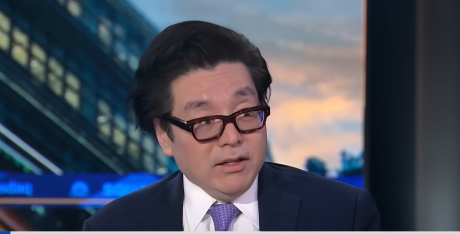A federal appeals court has ruled in favor of Coinbase, delivering a blow to the Securities and Exchange Commission (SEC) over its refusal to establish clear regulations for cryptocurrency.
According to the ruling issued today (Monday), Judges criticized the SEC's handling of the matter, calling its denial of Coinbase's 2022 petition “arbitrary and capricious.” The decision has raised questions about the SEC's approach to crypto regulation, potentially influencing the industry's trajectory.
The U.S. Court of Appeals for the Third Circuit stopped short of forcing the SEC to craft crypto-specific rules but ordered the regulator to justify its stance. Coinbase had sought rules to determine when digital assets qualify as securities, a crucial issue for the burgeoning crypto market.
Judges Demand Clarity from the SEC
Judge Stephanos Bibas underscored the risks of the SEC's enforcement-focused strategy, mentioning that new inventions create new fraud risks, and the agency needs to guard against them.
In a parallel development, Coinbase recently gained permission for an interlocutory appeal in a separate SEC case. Judge Katherine Failla's ruling allowed Coinbase to challenge a March 2024 decision, citing unresolved legal questions surrounding the Howey Test, a cornerstone of U.S. securities law.
🇺🇸 JUST IN: The Third Circuit Court of Appeals found the SEC’s rejection of Coinbase’s request for clearer crypto rules to be unfair and poorly explained. The court sent the case back to the SEC for a better explanation but did not force the agency to start creating new rules… pic.twitter.com/PaSMnhi5hW
— Cointelegraph (@Cointelegraph) January 13, 2025Coinbase's Chief Legal Officer Paul Grewal echoed the sentiment, emphasizing the importance of addressing conflicting legal interpretations. The Howey Test, which determines whether an asset qualifies as a security, is central to the disputes. The SEC alleges that specific tokens traded on Coinbase, including SOL, ADA, and MATIC, are securities.
Howey Test Under Scrutiny
However, Coinbase contends that these tokens lack the contractual obligations typical of securities and operate outside the SEC's jurisdiction.
Judge Failla acknowledged the “substantial ground to dispute” how the Howey Test applies to crypto assets, citing legal complexities and the broader implications for the industry.
We just won our petition for a writ of mandamus at the Third Circuit. Rebuking @SECGov for its order denying our rulemaking petition, the Court held that the "SEC’s order was conclusory and insufficiently reasoned, and thus arbitrary and capricious, we grant Coinbase’s petition…
— paulgrewal.eth (@iampaulgrewal) January 13, 2025Elsewhere, Gemini Trust Company LLC, a prominent digital asset platform, faces a $5 million civil penalty after a U.S. District Court ruled the firm provided false or misleading information to the Commodity Futures Trading Commission (CFTC). The U.S. District Court for the Southern District of New York issued a consent order finding Gemini violating the Commodity Exchange Act.
The case centered on materially false or misleading statements and omissions made by the company to the CFTC during a derivatives product certification process. The court imposed a permanent injunction against Gemini and a monetary penalty.
This article was written by Jared Kirui at www.financemagnates.com.











